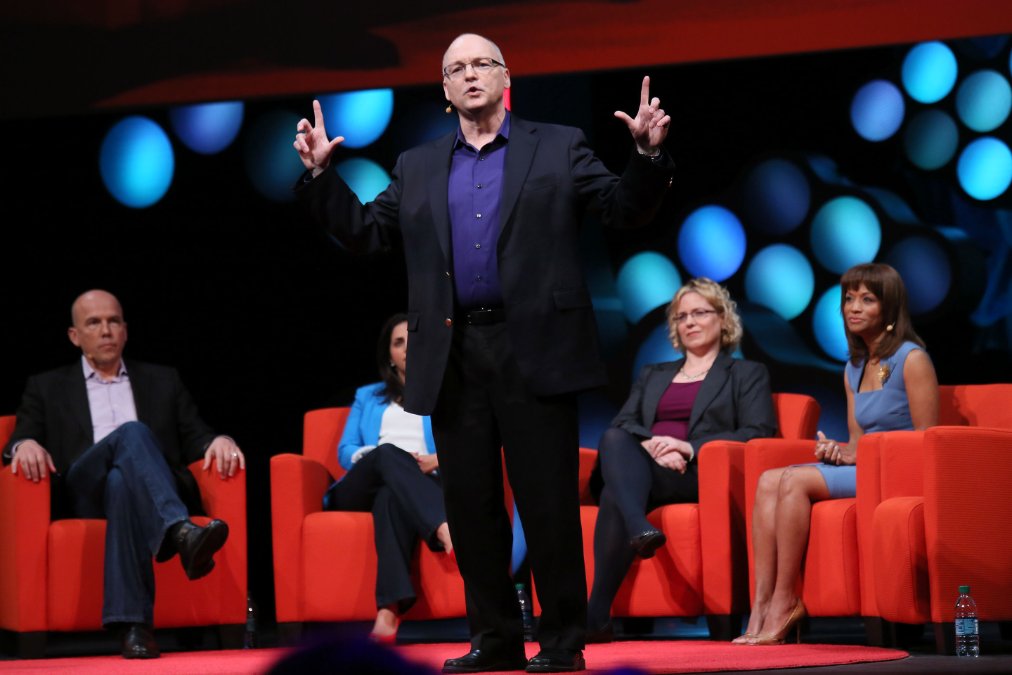
Nineteenth Century French psychologist turned célébrité Émile Coué famously recommended that repeatedly chanting “Every day, in every way, I’m getting better and better” would activate the subconscious mind in the process of personal improvement. This principle of positive visualization and repetition is used today in everything from affirmations to help us feel good about our crummy job to taking subliminal suggestions while we sleep to help cure us of our addiction to chocolate cheesecake. While these tools are very useful in motivating us to engage our willpower to soldier on towards our goals and to overwhelm self doubt with optimistic prattle they provide little guidance on how to develop skills we currently do not possess. If we are a well trained coloratura soprano with the orotund tones to prove it rising up to meet our mental images may help us to the role of Carmen at the Paris Opéra Garnier. But if we are not endowed with this gift thinking upon it obsessively mostly provides a convenient escape to the enchanted realm of hallucination. Mastering anything new requires that we seek out those who are in possession of this knowledge and adjoin ourselves as novitiate in their good service. As with all art craft is required to make it manifest.
Before we can start to develop our new skills and hone our talents we must overcome three self deceptive assumptions. First, since we have reached an advanced age or mastered other disciplines we may assume that acquiring a new ability will be relatively easy. Imagine a professional athlete at the peak of the physical prowess who has never ridden a bicycle. They too must go through the embarrassing and potentially painful process that precedes sustained vertical locomotion. Second, we may believe that our familiarity with a subject matter and its nomenclature will provide a short cut to expertise. Consider the foodie who dines out at fine restaurants frequently and faithfully follows the purveyors of nouveau cuisine. When confronted with the task of creating a delicate caramelized apricot torte savoir-faire is of little value if the batter isn’t whisked properly. Third, we under estimate the amount of time and effort developing or improving a competency requires. For example, an executive who is being relocated to France may attempt to learn the language by listening to audio programs, enrolling in accelerated training courses or even getting a tutor. However, the amount of soak-time required to truly assimilate the language is so compressed and disrupted by a busy schedule that by the time they arrive they can ask for directions to the toilet but little else. While apprenticing ourselves to those who have truly achieved mastery in a specific discipline does accelerate our development it does not excuse us from our work. Talent takes time.
In addition to a board of directors, which is a failsafe governing body that represents shareholders, many organizations also engage a board of advisors to provide wise consul and guidance. These confidants provide reliable and prudent expertise to compliment the abilities of management. They fill in the gaps where we are weak and provide a counter balance to dominant viewpoints. While some have the support of a loving family and close friends, they may be too dear to us or share our values too closely to provide any real perspective on our opportunities and challenges. We need to widen our lens and extend both the range and depth of our field of vision by engaging the insight and foresight of others more accomplished or skilled.
This personal advisory board concept should not be confused with that of the “mastermind alliance” espoused by the remarkable purveyor of the personal-success movement Napoleon Hill. Whereas his characterization of this group is to be “like-minded” and “harmonious” helpmates in their pursuit of a single objective, the concept here is to find those who don’t share our views and engage them in constructive conflict. In other words, advisory boards don’t create alignment but rather diversification and the synthesis of opposing ideas into hybrid solutions.
To assemble our group we must begin by identifying what skills and perspectives we lack (Collaborate, Create, Compete and Control). It is essential that we do not select our advisors based on their compatibility with our own interests, skills or beliefs. This is a classic leadership trap. Whereas they should be cordial, professional and highly accomplished if possible, they need to be able to challenge and question our ideas and methods. We must find those who are what we are not:
- What perspectives do we under represent or need to develop?
- Who do we know that can expertly represent this perspective?
- How do we enroll them on our advisory board?
- How will our board function? (Process, communication, frequency, etc.)
The more formal the alliance the less likely it is to succeed. Sound advice and support arrives intermittently in small bits and massive torrents and is more likely to be found in the locker room or grocery store than in a formal setting. In our scurrying world of thumb-kin banging away on a micro keyboard and the ping of the text message instantly arriving there is little time for extended meetings of the mind and little chance of scheduling a star council to be in the same place at the same time. So advisors must be engaged on a catch as catch can basis. With sufficient diversity and expertise, they will energize us and extend our range.
Jeff DeGraff
Connect with me on Twitter
Join me on Facebook
Visit InnovationYou.com


Jeff DeGraff is the Dean of Innovation – an author, speaker, and advisor to Fortune 500 companies and mission-driven organizations worldwide. He’s the CEO and Founder of Innovatrium, Founder of Intellectual Edge Alliance, and Clinical Professor of Management and Organizations at the Ross School of Business at the University of Michigan. Jeff co-created the Competing Values Framework and developed the Innovation Code and Innovation Genome methodologies which provide organizations with practical tools to reconcile competing priorities and drive breakthrough performance. His mission is the democratization of innovation: making systematic innovation accessible to everyone, everywhere, every day.
